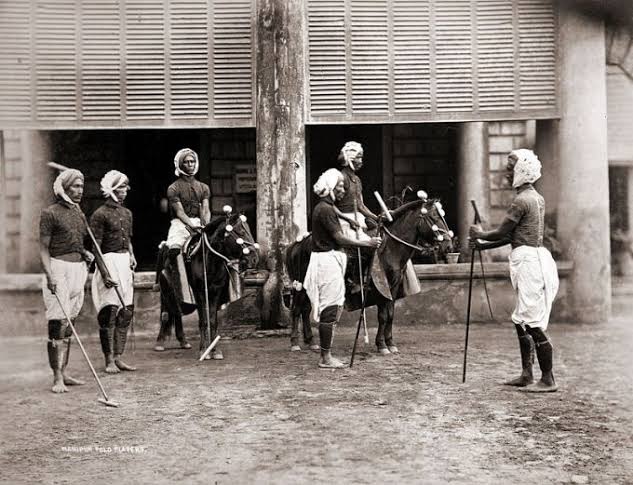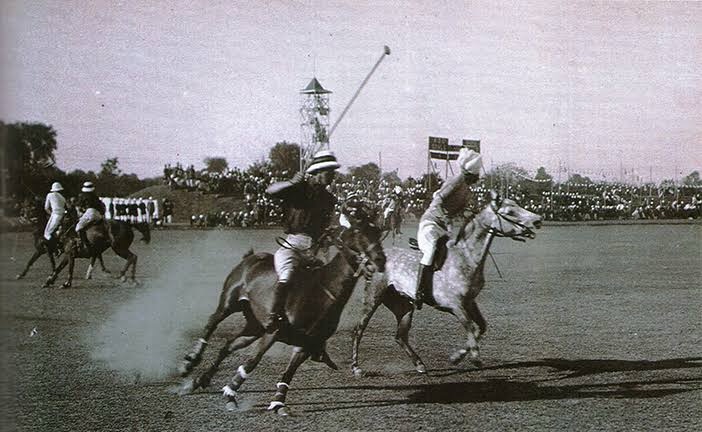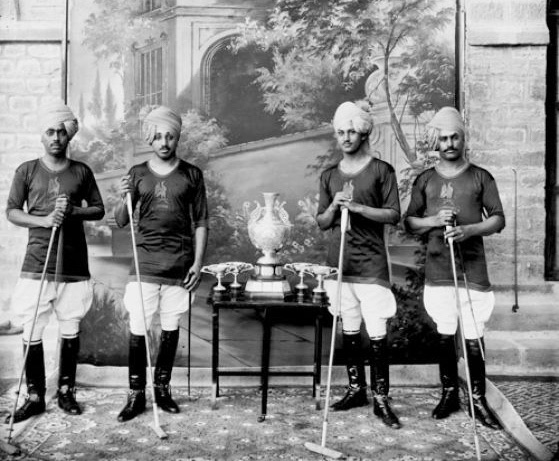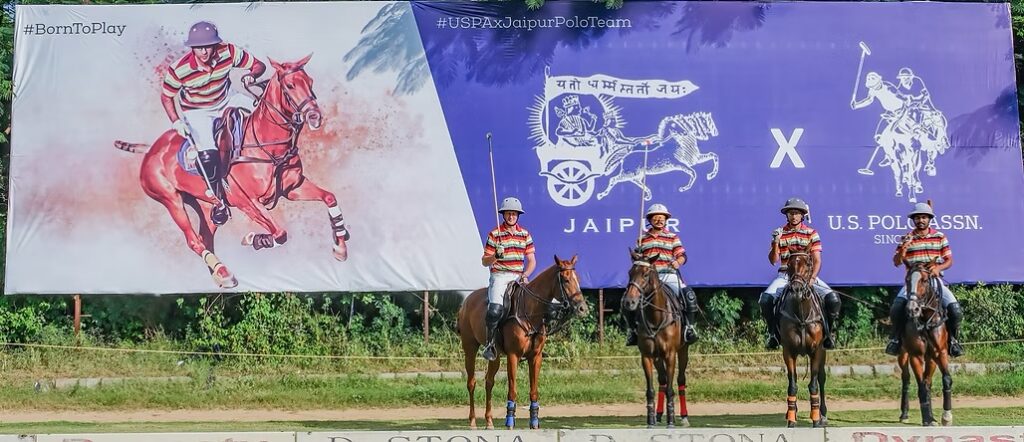Polo, often referred to as the “Sport of Kings,” has a rich and fascinating history that dates back thousands of years. While today the game is played globally, with major tournaments held in Argentina, the UK, and the US, it is India that holds the distinction of being the first country to organize polo tournaments as we know them today.
Origins of Polo in India
The roots of polo can be traced back to ancient Persia, but it was in India that the game found a new identity. Historical records suggest that polo was played in India as early as the 13th century. However, it was in the northeastern state of Manipur that the modern version of the game truly took shape. Known locally as Sagol Kangjei, polo was an integral part of Manipuri culture, played on horseback with simple bamboo sticks and a ball.
The game gained prominence when British officials stationed in India during the 19th century witnessed polo in Manipur and were fascinated by its fast-paced nature. Recognizing its potential as a structured sport, they introduced formal rules, leading to the establishment of the first polo clubs and tournaments.

The First Polo Tournament in the World
India was home to the first-ever organized polo tournament, which took place in the 19th century. The oldest polo club in the world, the Calcutta Polo Club, was founded in 1862 by British officers. This club became the center of organized polo, hosting regular tournaments that attracted players from across India and beyond.
Some of the most notable early tournaments included:
• The Ezra Cup (1880) – The first official polo trophy in the world, hosted by the Calcutta Polo Club.
• The Indian Polo Association Cup (1900s) – One of the most prestigious tournaments, showcasing the best Indian and British teams.
• The Jodhpur Polo Tournament – Established by the Rajput kings, this event brought a royal flair to the sport.
These tournaments cemented India’s place as the birthplace of competitive polo.

Indian Royalty and Polo
Polo in India flourished under the patronage of its royal families. The Maharajas of Jodhpur, Jaipur, and Patiala were not only passionate players but also played a key role in developing the sport. They invested in training the best players and horses, creating world-class teams that competed internationally.
The legendary Maharaja Sir Pratap Singh of Jodhpur was instrumental in spreading polo beyond India, taking his team to Europe and promoting the sport on a global stage. The Jaipur polo team, led by Sawai Man Singh II, became one of the most successful teams in the world during the early 20th century.

India’s Lasting Legacy in Polo
Even today, India remains a powerhouse in the world of polo. Cities like Jaipur, Delhi, and Jodhpur continue to host high-profile tournaments, attracting top players from around the world. The Indian Polo Association (founded in 1892) plays a crucial role in preserving and promoting the sport.
India’s rich equestrian culture, combined with its deep-rooted history in polo, ensures that the country remains a key part of the global polo landscape. Whether it’s the breathtaking matches held at Jaipur’s Rambagh Polo Grounds or the prestigious Indian Open Polo Championship, the legacy of India as the birthplace of polo tournaments continues to thrive.

Conclusion
While polo may have originated elsewhere, it was in India that the first structured tournaments took place, setting the foundation for the sport as we know it today. From the royal palaces of Rajasthan to the colonial clubs of Calcutta, India’s contribution to polo remains unparalleled. The country’s rich history, passionate players, and dedication to the sport ensure that India will always be remembered as the true pioneer of organized polo tournaments.
